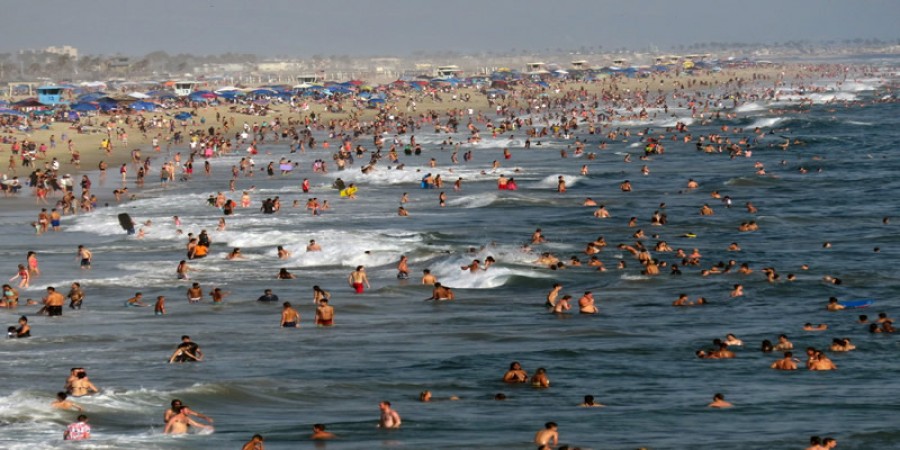
With millions of people traveling each year to discover new places, engage with various cultures, and reconnect with nature, tourism has become a widespread phenomena. Even while it promotes economic growth and cross-cultural interaction, tourism has a huge negative impact on the environment. For our world to have a sustainable future, it is essential to strike a balance between travel and conservation. Tourism can have both beneficial and negative effects on the ecosystem. Here, we look at the effects of tourism on the ecosystem and how to lessen those effects.
Positive Effects
Tourism can act as a stimulus for conservation efforts, which will benefit the environment. Tourism revenue is frequently used to sustain and fund natural reserves, national parks, and other protected places. Travelers grow to feel a feeling of obligation to preserve these sites for future generations as they come to appreciate their beauty.
Travelers have the opportunity to learn about environmental concerns and conservation activities thanks to tourism. Visitors can get a stronger appreciation for the value of protecting wildlife and natural habitats through ecotourism and nature-based experiences.
Tourism as a Source of Income for Local Communities: Tourism is a significant source of income for local communities in many places. Tourism may contribute to the reduction of poverty and the advancement of sustainable development by offering employment opportunities in the transportation, hospitality, and other industries.
Negative Effects
Overcrowding and Overtourism: Overcrowding is a common problem in popular tourist areas, which degrades the environment and cultural landmarks. Overtourism has the potential to harm delicate ecosystems, overburden local infrastructure, and diminish the authenticity of traditional communities.
Habitat damage and wildlife disturbance can result from the construction of infrastructure associated to tourism, such as hotels and roads. Increasing human activity has the potential to stress wildlife, disrupting their normal behavior and affecting their ability to reproduce and feed.
Air travel, a major part of tourism, has a considerable impact on greenhouse gas emissions and climate change. Road and air travel both produce significant amounts of carbon emissions that have an adverse effect on the environment.
Pollution and garbage Production: Tourism is a major source of garbage, which includes plastic bottles, packaging, and food waste. The ecosystem can be harmed and wildlife can be harmed as a result of improper garbage management, which can also pollute land and water resources.
Mitigating the Impact
Encourage and support sustainable tourism methods that put social responsibility, environmental protection, and the economic well-being of local communities first. Responsible tourism makes sure that travel-related activities have as little of an adverse effect on the environment as possible and enhance local prosperity.
Implement ways to control tourist numbers in sensitive areas to avoid overtourism and environmental deterioration. This could entail putting in place reservation systems or restricting access to specific attractions.
Promote the use of eco-friendly infrastructure and environmentally sound business practices in the tourism sector, including the use of renewable energy sources, waste minimization, and water conservation.
Traveler Education: Spread knowledge about the significance of eco-friendly travel and environmental preservation among tourists. Encourage children to adopt eco-friendly habits while traveling, such as cutting back on trash, buying from nearby shops, and showing respect for wildlife and the environment.
Advanced Camera Gadgets: DSLRs vs. Mirrorless Cameras vs. Smartphones
The Power of Language: Improving Your Career and Communication Skills